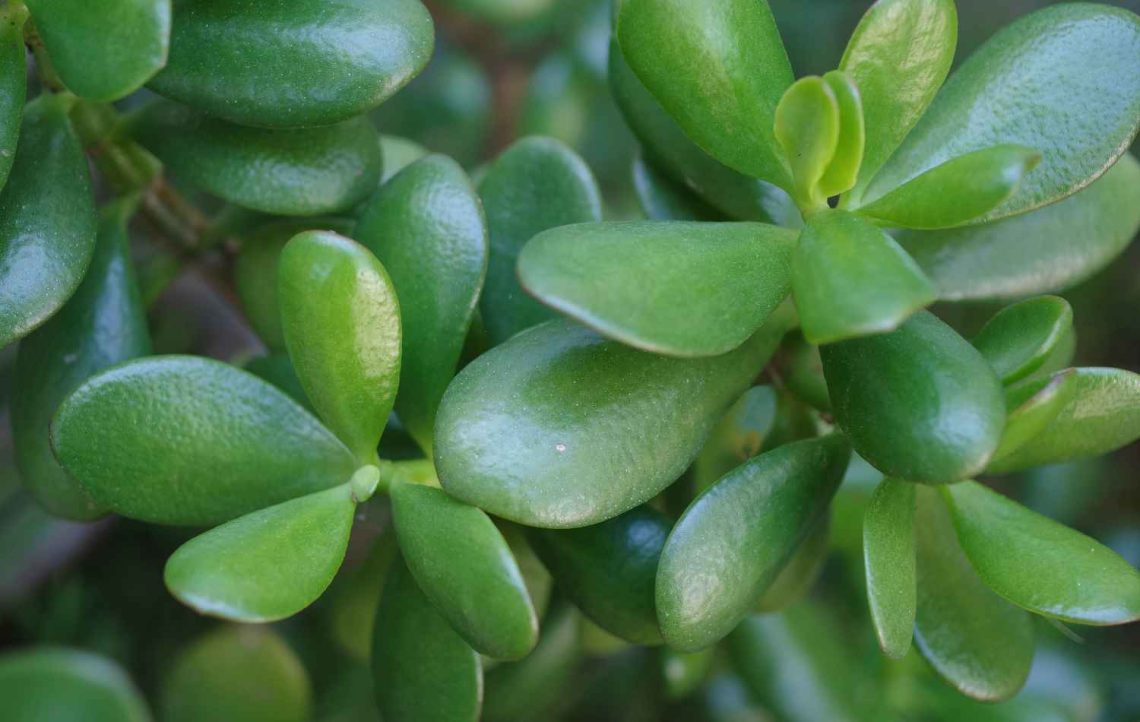
How Does Plant-Ditech Revolutionize Plant Phenotyping Compared to Traditional Methods?
What is Plant Phenotyping?
Plant phenotyping is all about studying plants' observable traits, like growth, development, and responses to the environment. Think of it as taking a detailed snapshot of how a plant performs under various conditions. This can include everything from measuring leaf size and shape to monitoring water usage and stress responses.
By understanding these traits, researchers can select the best plants for breeding, improve crop resilience, and boost agricultural productivity. Traditional methods often involve manual measurements and visual assessments, which can be time-consuming and prone to errors. However, modern techniques, like those used by Plant-Ditech, bring precision and efficiency to the table, transforming how we study and improve plants.
How Does Plant-Ditech Utilize High-Throughput Functional Phenotyping Systems (HFPS)?
Plant-Ditech employs High-Throughput Functional Phenotyping Systems (HFPS) to revolutionize plant phenotyping. HFPS allows you to assess plant responses to various environmental conditions in real-time, providing a dynamic and comprehensive understanding of plant physiology. This method stands out because it enables simultaneous measurement of multiple physiological traits under different treatments, giving you a complete picture of how plants react to stress.
Traditional phenotyping methods often rely on single measurements, which can be time-consuming and less accurate. In contrast, HFPS offers a more efficient and detailed approach. By integrating physiological and environmental data, Plant-Ditech’s HFPS helps you identify traits that contribute to crop resilience and improve breeding programs.
One of the key advantages of HFPS is its ability to provide real-time data. This is crucial for understanding how plants respond to stress factors such as drought, heat, and pests. The system's high-throughput nature means you can analyze large plant populations quickly, reducing the labor and time required compared to manual methods.
In summary, Plant-Ditech's HFPS is a powerful tool for advancing your plant phenotyping efforts, making it easier to develop crops that can withstand various environmental challenges. For more information, visit plant-ditech.com/.
What Advanced Imaging Techniques Does Plant-Ditech Employ?
Plant-Ditech employs a variety of advanced imaging techniques to enhance plant phenotyping. These include RGB, multispectral, and hyperspectral imaging. RGB imaging captures standard color photos, allowing you to observe visible traits. Multispectral imaging goes a step further by capturing data at different wavelengths, which helps in assessing plant health and detecting issues like nutrient deficiencies.
Hyperspectral imaging is where Plant-Ditech truly shines. This method captures a wide spectrum of light, far beyond what the human eye can see, providing detailed information about plant traits. It allows for the identification of specific physiological characteristics and stress responses that are not visible through other means.
Moreover, Plant-Ditech integrates these imaging techniques with machine learning algorithms. This combination enables high-throughput phenotyping, allowing you to analyze large plant populations quickly and accurately. The use of automation reduces labor and time, making the process efficient and precise.
By employing these advanced imaging techniques, Plant-Ditech ensures that you get comprehensive and accurate data, which is crucial for understanding plant health and development.
How Do Plant-Ditech's Methods Compare to Traditional Phenotyping Methods?
When it comes to plant phenotyping, traditional methods often rely on manual measurements and visual assessments. These techniques, while useful, are time-consuming and subject to human error. In contrast, Plant-Ditech's methods revolutionize the field by incorporating advanced technologies that enhance accuracy and efficiency.
One of the standout features of Plant-Ditech’s approach is the use of High-Throughput Functional Phenotyping Systems (HFPS). Unlike traditional methods that might only capture a snapshot in time, HFPS provides real-time data on plant performance. This continuous monitoring allows for a more dynamic understanding of how plants respond to various environmental conditions, leading to more precise insights.
Additionally, Plant-Ditech employs cutting-edge imaging techniques, such as hyperspectral imaging. This technology captures a wide spectrum of light, enabling the detection of plant traits that are invisible to the naked eye. Traditional phenotyping methods simply can't match this level of detail, as they typically involve basic visual inspections or manual measurements.
Automation is another area where Plant-Ditech excels. Their automated systems drastically reduce the labor and time required for phenotyping. Traditional methods often involve lengthy, labor-intensive processes, but with Plant-Ditech’s automated systems, large plant populations can be analyzed efficiently. This not only speeds up the research process but also increases the accuracy of the data collected.
In summary, Plant-Ditech's methods offer a comprehensive, efficient, and highly accurate alternative to traditional phenotyping techniques. By leveraging advanced technologies and automation, Plant-Ditech sets a new standard in the field, making plant phenotyping faster, more reliable, and far more informative.
What Are the Benefits of Plant-Ditech’s Approach?
Plant-Ditech’s approach to plant phenotyping offers several significant benefits. By using advanced imaging techniques and high-throughput functional phenotyping systems (HFPS), you get real-time data on plant performance. This allows for a deeper understanding of plant stress physiology, ultimately leading to improved crop resilience. Unlike traditional methods, which can be slow and labor-intensive, Plant-Ditech’s automated systems provide faster and more accurate results. This efficiency not only reduces labor and time but also minimizes human error. Additionally, the integration of environmental data with physiological measurements gives you a comprehensive view of plant health and development.
Summary
Plant-Ditech is changing the game in plant phenotyping with its advanced technologies and methods. By utilizing high-throughput functional phenotyping systems and cutting-edge imaging techniques, Plant-Ditech provides detailed, real-time data on plant health and development. Compared to traditional methods, their approach is faster, more accurate, and less labor-intensive. These innovations not only save time and money but also offer deeper insights into plant traits and stress responses.
אולי גם תאהב

שפר את התנועה שלך עם אסטרטגיות SEO מוכחות אלה
מרץ 18, 2023
האם העסק שלך יכול להפיק תועלת משיפוץ SEO? זיהוי מתי הגיע הזמן לחידוש SEO
ינואר 17, 2024
